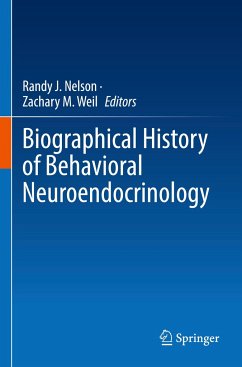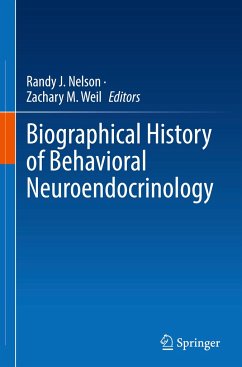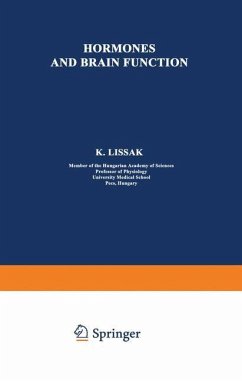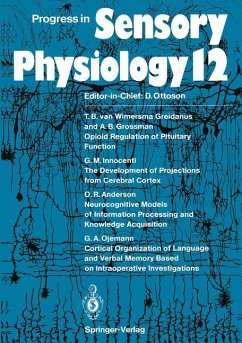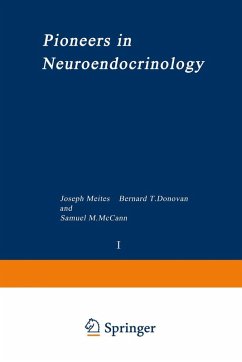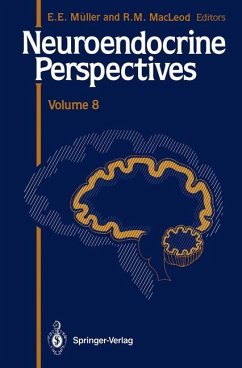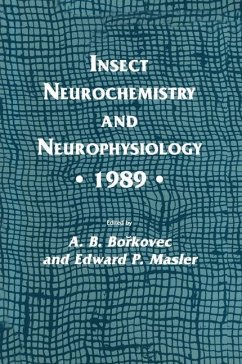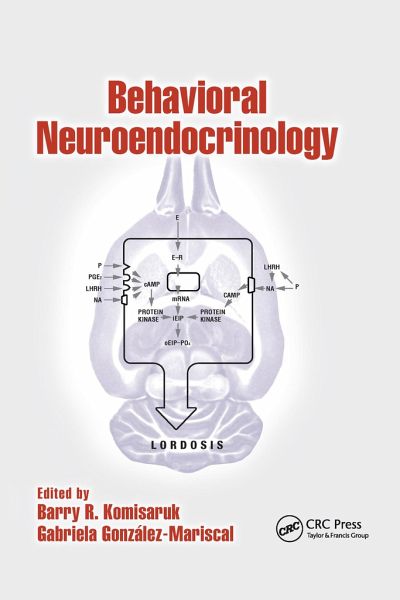
Behavioral Neuroendocrinology
Versandkostenfrei!
Versandfertig in 1-2 Wochen
62,99 €
inkl. MwSt.
Weitere Ausgaben:

PAYBACK Punkte
31 °P sammeln!
Inspired by Carlos Beyer's 50 years of pioneering research and influence on his students and colleagues, Behavioral Neuroendocrinology builds upon Beyer's fundamental discoveries and concepts as well as their widespread implications. It presents original research and reviews on mechanisms - genomic and non-genomic - of steroid and protein hormone action; the role of steroid metabolism, especially aromatization, protein phosphorylation, and neurotransmitter action in mediating reproductive behavior and sexual differentiation; and brain and spinal cord mechanisms in sexual behavior and analgesia...
Inspired by Carlos Beyer's 50 years of pioneering research and influence on his students and colleagues, Behavioral Neuroendocrinology builds upon Beyer's fundamental discoveries and concepts as well as their widespread implications. It presents original research and reviews on mechanisms - genomic and non-genomic - of steroid and protein hormone action; the role of steroid metabolism, especially aromatization, protein phosphorylation, and neurotransmitter action in mediating reproductive behavior and sexual differentiation; and brain and spinal cord mechanisms in sexual behavior and analgesia. This book presents a rich diversity of topics - lactation, maternal behavior, pheromone action, chronobiology, allodynia, angiogenesis, prostate physiology, sexual motivation, and specific brain systems, including vomeronasal system, cerebellum, preoptic area, hypothalamus, and spinal cord. This book brings together, in one source, an international "family" of researchers whose work has evolved in diverse but related ways from a seminal set of discoveries and concepts in behavioral neuroendocrinology.






